You’ve just seen the perfect rental property and you’re ready to submit your rental application. But then you see a little disclaimer in the listing that says “this property is not up to code.” Do you still apply? Can you rent a house that is not up to code? In this article, we will answer all of your questions about renting a home that is not up to code!
What does it mean for a house to be “up to code”?
These codes cover everything from structural elements, such as foundation and wall construction, to electrical systems, smoke detectors, fire escapes, and more. [1]
It’s important to note that different areas may have slightly different versions of these codes; what is up to code in one place may not necessarily meet the standards set by another area. Therefore, it’s always wise to check with your local government office before renting or buying a property to make sure it meets all safety requirements.
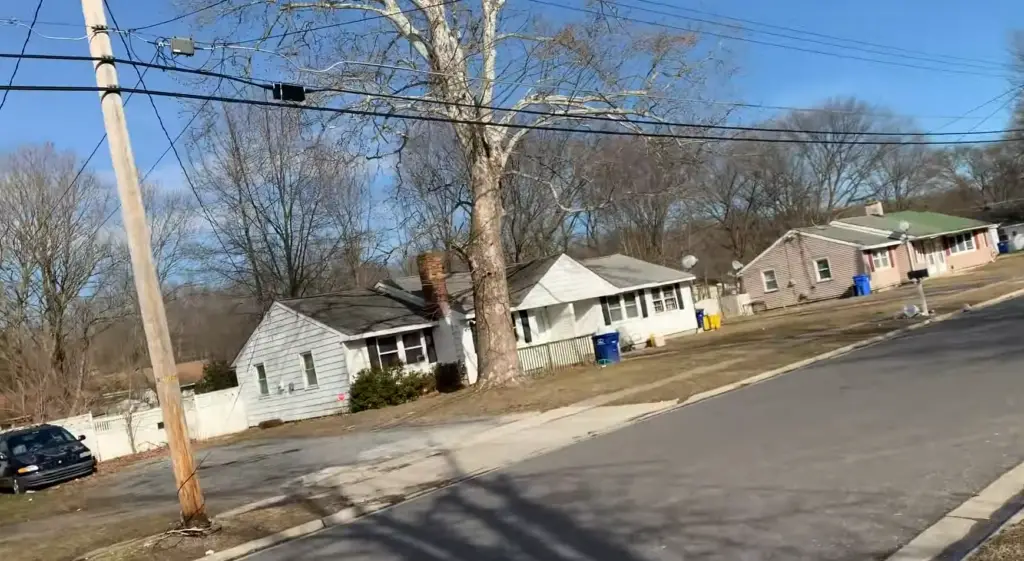
Is it legal to rent a house that is not up to code?
In most cases, it is not legal to rent a house that does not meet local ordinances and codes. Landlords must abide by laws set forth in the residential rental agreement, which includes meeting code requirements. Some cities have specific regulations requiring landlords to make repairs and maintain their properties to a minimum standard of livability.
If you are looking to rent an older home that may not conform with building codes, check with your local housing authority or city office for any special permits or exemptions that might allow you to rent the property legally.
Although you may receive approval from the government to rent a property that doesn’t meet their standards, it is strongly suggested that this be avoided. Homes that do not meet current building and safety codes may be unsafe to live in, and could put your health at risk. It is best to make sure that any rental home you are considering meets all local requirements before signing a lease.
What should you do if the house doesn’t meet code?
If a rental property does not meet code or isn’t safe, it’s important to address these issues directly with the landlord or property manager. Make sure your concerns are clear and detailed so they can be addressed properly. Whenever possible, document any issues you notice such as structural damage, mold, poor wiring, missing smoke detectors, etc.
It’s also important to know your rights as a tenant when renting a property. Many local and state laws protect tenants from renting unsafe or unhealthy homes. If a landlord refuses to make necessary repairs, you may be able to withhold rent until the issues are addressed.
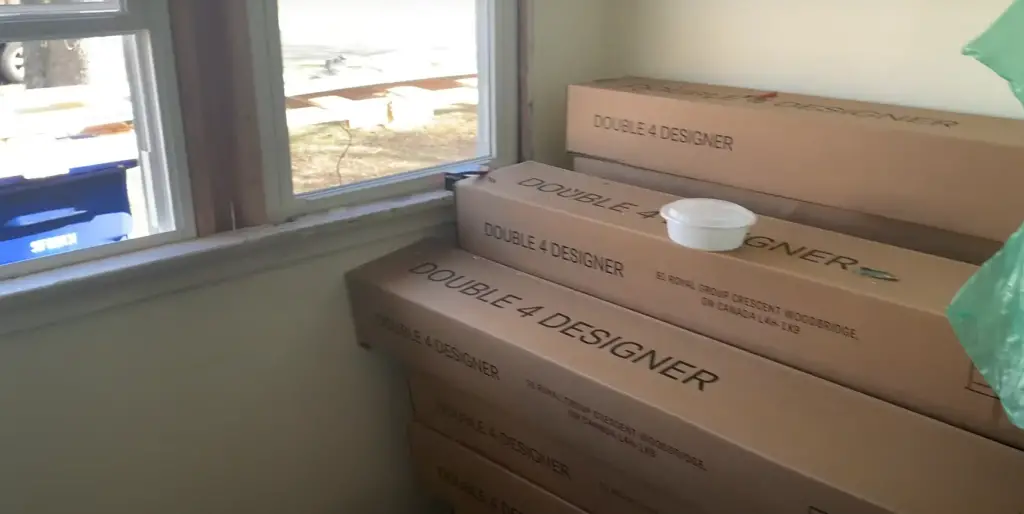
It is also important to know when it is time to walk away. If the landlord won’t address serious health and safety concerns, it is best to look for a different rental home that meets all applicable building codes and safety requirements. Your health and safety should always come first!
Talk to a Lawyer!
It’s important to get proper legal advice from a lawyer with experience in rental laws. Laws vary from state to state, so make sure you find an attorney who understands the regulations where you live. A lawyer can advise you on what your options are and how best to protect yourself as a tenant. They can also let you know about any potential risks associated with renting a property that does not meet local codes — for instance, if there is no liability insurance coverage for tenants in case of injury or damage due to code violations.
It’s also important to know that if you decide to go ahead and rent a house that is not up to code, the landlord may be required to fix the issues. In many cases, failure to do so could result in fines or other legal actions. Again, your lawyer can best advise you on this issue.
How do I know if the house I’m renting is up to code?
The best way to know if the house you’re renting is up to code is to have a professional inspector come and do an inspection. Most states have local codes that must be met for rental properties, and a qualified inspector will be able to tell you exactly what needs to be done in order for your property to meet these requirements.
Inform the landlord of your intention to hire an independent inspector so they can make any necessary repairs before the inspection takes place. If they refuse or ignore your request, it’s likely that there are issues with the property that they don’t want anyone else seeing, which should automatically raise red flags.
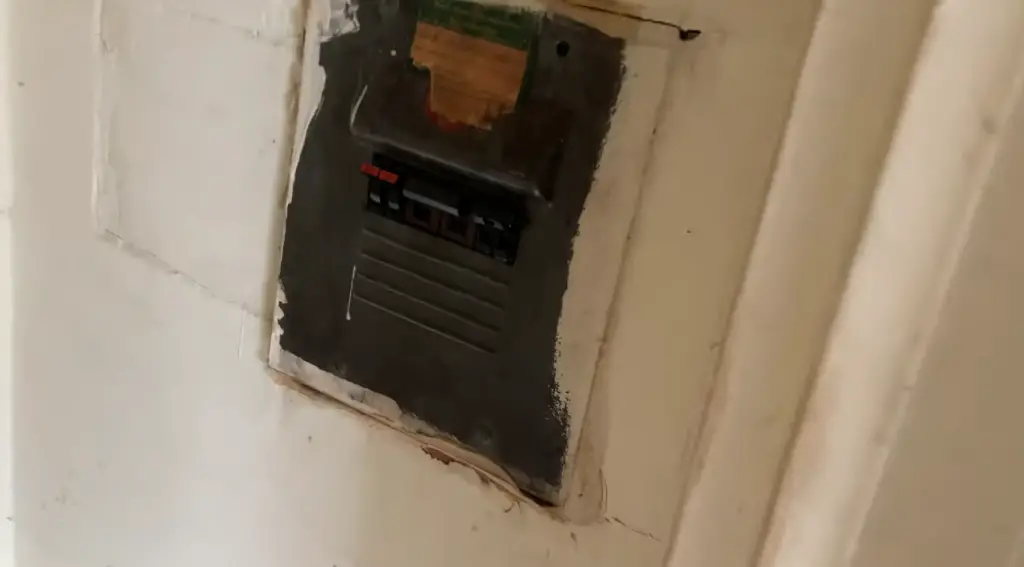
If the landlord agrees but then fails to follow through on making necessary repairs, it’s against the law for them to rent out the property in its current condition. In this case, it’s best to look elsewhere and find a rental that meets all safety standards.
The bottom line is that you should never rent a house that isn’t up to code, as it could put your health and safety at risk. Make sure to ask the right questions and take the necessary steps to ensure that any property you’re considering renting is safe and habitable before making the decision to move in. It could save you a lot of trouble in the long run!
So, can you rent a house that is not up to code?
The simple answer is yes, you can rent a house that is not up to code. However, there are certain risks and expenses involved with renting a property in this condition. Depending on the jurisdiction, you may be legally required to bring the home up to code before renting it out. You should also consider if the cost of necessary repairs will make it too expensive to make the investment worthwhile.
There are some basic steps you can take when considering renting a house that is not up to code:
- Speak with local officials – Before you even start looking at a potential rental property, speak with local government or building inspection offices in your area. Ask them what type of permits or inspections would need to be done for rentals in your area and whether any existing non-code compliant issues must be addressed.
- Check local laws – Make sure you are aware of any applicable laws regarding the rental of a dwelling that is not up to code in your state or locality. Depending on where you live, there may be specific rules and regulations governing such properties that you will need to follow before signing a lease.
- Have a professional inspect the property – Before renting, have an experienced inspector take a look at the home and provide an estimate of what repairs could cost. This will help you determine if it’s worth making the necessary investments or if you should look elsewhere for a rental property.
- Get in writing who is responsible for repairs – If after inspecting the house, you decide to go through with the rental agreement, make sure you get in writing that the landlord is responsible for any repairs needed to bring the house up to code. This will protect you from being liable for making expensive repairs later on.
- Make regular inspections – Lastly, be sure to do regular inspections of the property throughout your tenancy. This will help ensure that any changes made by either party are documented and that building regulations are still being met. [2]
At the end of the day, renting a house that is not up to code can be risky but it doesn’t have to be impossible if you take all necessary precautions beforehand. By taking into account local laws and regulations as well as properly assessing potential costs, you may find yourself living in a home that you love despite it not being up to code.
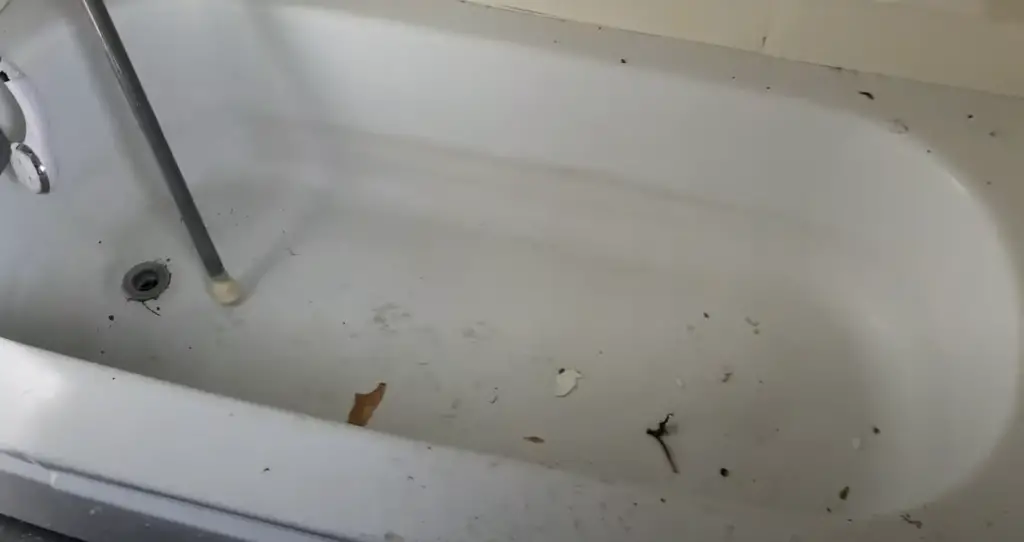
Save Money and Get Free Stuff!
You might think that if a house is not up to code, that means it’s not livable and you can’t rent it. But did you know that you can actually save money and get free stuff by renting a house that isn’t up to code?
It’s true! By renting a house that isn’t up to code, you are effectively taking on the responsibility of bringing the property back into compliance. This could mean anything from fixing wiring issues to replacing broken fixtures. And in many cases, local governments will offer financial incentives for renters who take on this challenge.
These incentives may come in the form of tax credits or grants, which can be used towards repairs or even improvements made to the rental property. In some cases, governments may even offer free material and labor assistance to help bring the house up to code. This can save you a lot of money on repairs that would otherwise have been your responsibility.
It’s important to note that if you’re considering renting a house that isn’t up to code, it’s important to do your research first. You’ll need to familiarize yourself with local building codes and requirements in order to ensure you are aware of what is expected from tenants when it comes to bringing a property into compliance.
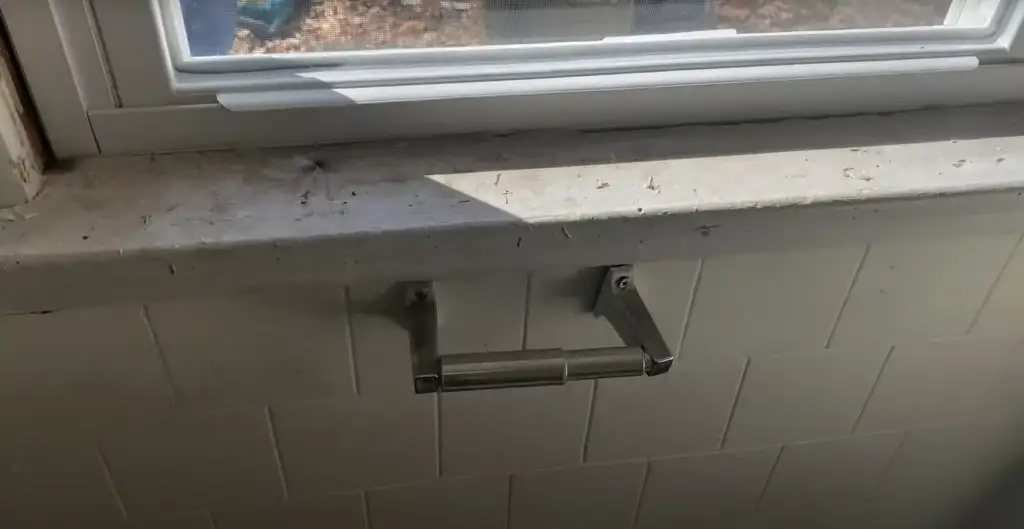
Additionally, make sure you understand the implications of taking on such a project before signing any lease agreements.
FAQ
What does it mean not up to code?
The phrase “not up to code” refers to a home that fails to meet the safety, health and building standards set by the local government. This can include issues such as not having smoke detectors installed, not having a proper fire escape plan, faulty wiring and plumbing, or other violations of city ordinances. [3]
What are the codes of the house?
The codes for a house are set by the municipality or local government. They vary from place to place, but they typically include safety and health requirements, such as smoke detectors, proper ventilation, and adequate lighting. The structure of the home must also comply with certain building codes that ensure it is structurally sound.
When you rent a house, you should make sure that it meets all of these code standards. If there are any violations present, ask your landlord if they would be willing to make any necessary repairs to bring the property up to code before signing a lease agreement. [4]
It’s important to note that even if a landlord offers to fix up the property before renting it out, you could still be held responsible for any code violations if they are not taken care of before occupancy. You may also be held liable if the repairs do not bring the property up to code standards.
What happens if you rent a house that is not up to code?
If you rent a house that is not up to code, it could potentially put your health and safety at risk. The landlord may be subject to fines and other penalties from local authorities for renting out an unsafe property. Additionally, if you move into such a property, you may find yourself unable to renew your lease agreement or sell the house in the future due to its failure to meet building codes.
Therefore, it’s important that both tenants and landlords take the time to ensure that any property being rented is up to code before signing a lease agreement. It may take some extra effort on both parties’ parts, but in the end, it could save you from unnecessary headaches and legal issues down the line.
This way, you can protect yourself from any potential risks associated with renting an unsafe property. And if all else fails, contact a lawyer who specializes in rental law for more assistance.
What do you do if your apartment is not up to building code, but your landlord doesn’t care?
It can be extremely difficult to live in an apartment or house that is not up to code. From safety issues and living in unsanitary conditions to the effects of long-term exposure, these problems should not be taken lightly.
If you’re a renter and your landlord isn’t doing anything to fix the problem, there are a few steps you can take. First, contact your local health department or building inspector’s office to report any health and safety threats you may have noticed. This will start an investigation into whether your landlord is violating any codes or regulations. You may also want to document all the evidence of violations yourself (photos, videos, etc.) so that it can be used as evidence if needed.
In most cases, the landlord is legally obligated to make repairs and bring their building up to code. If they refuse or don’t make any effort to fix it, you can then file a complaint with your city’s housing department. They will likely order the landlord to follow through or potentially face fines or other penalties.
If your landlord won’t cooperate with any of these steps, you may have to take legal action by filing a lawsuit against them in small claims court. You may also be able to qualify for tenant protection laws that are in place in some states, which could award you monetary compensation if your case is successful.
Ultimately, living in a unit that doesn’t meet safety standards is something no one should have to endure. If you find yourself in this situation, take action as soon as possible and be sure to document everything that’s happening. Doing so can help ensure your rights are protected and can even lead to improved living conditions for all tenants in the building.
Useful Video: How I Renovate My Rental Properties | BEFORE & AFTER
Conclusion
The answer to the question, “Can you rent a house that is not up to code?” depends on your local laws and the severity of the issue. In some cases, it may be possible to bring a home into compliance before renting it out. However, doing so can be costly and time-consuming. Additionally, if your home does not meet certain safety standards or has major code violations, such as foundation damage or electrical issues, it may not be legally rentable at all.
It’s always best to do your research beforehand and make sure any property you plan to rent is in line with all applicable codes and regulations. If the property isn’t up to code when you purchase it but you’re set on renting it out, it’s important to work with a qualified contractor to make sure all issues are taken care of before renting the property.
In conclusion, when it comes to renting a house that is not up to code, your best bet is always to make sure any potential rental property meets local and state codes before signing a lease. Doing so will save you headaches down the road and ensure that you’re following local laws for tenant safety.
References
- https://www.kilowatthvac.com/blog/electrical/what-does-mean-up-to-code-house/
- https://lowincomerelief.com/can-you-rent-a-house-that-is-not-up-to-code/
- https://www.vittorialogli.com/blog/what-does-it-mean-if-house-isnt-up-to-code/
- https://www.homelight.com/blog/house-code/

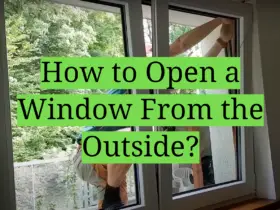
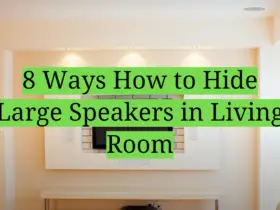
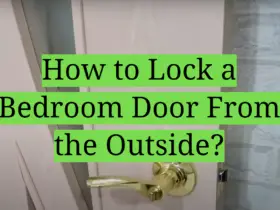
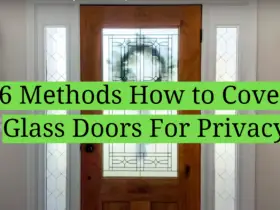
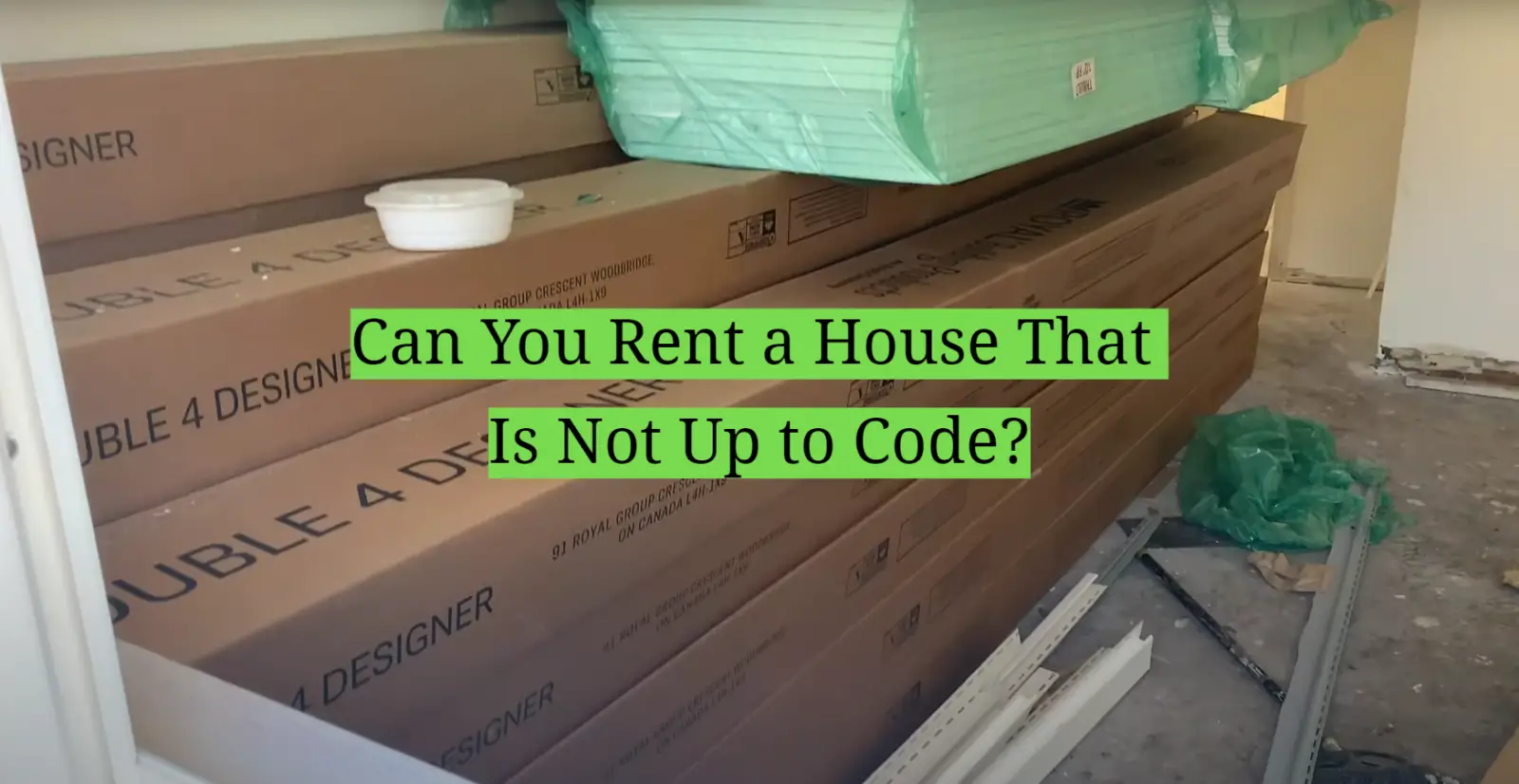





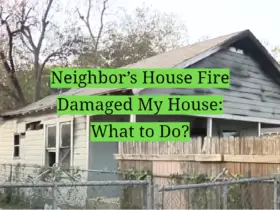


Leave a Reply